by Brad Myler
If you currently receive Social Security Disability payments, it is important that you make sure to report any changes to your household since your original disability or SSI application that could affect your eligibility. Failure to report these changes to the Social Security Agency can result in overpayment. For instance, if a dependent moves out of the house or begins to receive child support or other assistance, or if your condition improves and you are able to return to work, you may no longer be eligible for the same benefits.
When Social Security determines that you have received a larger payment than you are due, you will be sent a Notice of Overpayment. This notice should detail why you have been overpaid (whether through internal oversight, or failure to report a change), and will outline repayment options, as well as your rights for either an appeal or a waiver. Be sure to read the notice thoroughly, determine whether the information is accurate, and begin to act as quickly a possible to resolve the claim.
If you believe that you have received payments in excess of your current eligibility, and you agree with the repayment amount detailed in the notice, there are a number of ways that SSA can recover the overpaid amount. For those who receive Social Security benefits, full withholding will occur each month, beginning 30 days after you have been notified of overpayment. Depending on your circumstances, you may be able to arrange for lower withholding rates, upon approval of your request. If you receive Supplemental Security Income, generally SSA will take repayment out of your monthly benefit. However, money will not begin to be deducted from your SSI payments for 60 days after you have been notified. If you do not receive any benefits, and you do not dispute the overpayment claim, you should either mail a check for the entire amount to Social Security, or contact the agency in order to schedule a payment plan that is workable for you. Either way, you should contact the agency within 30 days of receiving a notice of overpayment. If you fail to arrange payment, or submit a request for a waiver or appeal, Social Security may recover the amount by withholding the amount from your federal income tax refund, your wages (if you are currently employed), or even from future benefits.
If you believe that you have not been overpaid, or that the amount stated in the notice is incorrect, you should act quickly to submit an appeal. You should be able to find the appropriate appeal form (SSA-561) online at SSA.gov, or request a copy by phone, or by visiting your local Social Security disability office. Finally, if you agree that you were overpaid, but do not believe that you were at fault, or are unable to afford repayment, you can submit a waiver request (SSA-632). Whether or not you agree with the notice, it is essential that you contact the agency directly soon after you receive it. This is particularly important in cases where you are unable to afford to repay the amount, in order to ensure that your payment schedule will be manageable, and you continue to receive the full benefit amount for which you are eligible.


